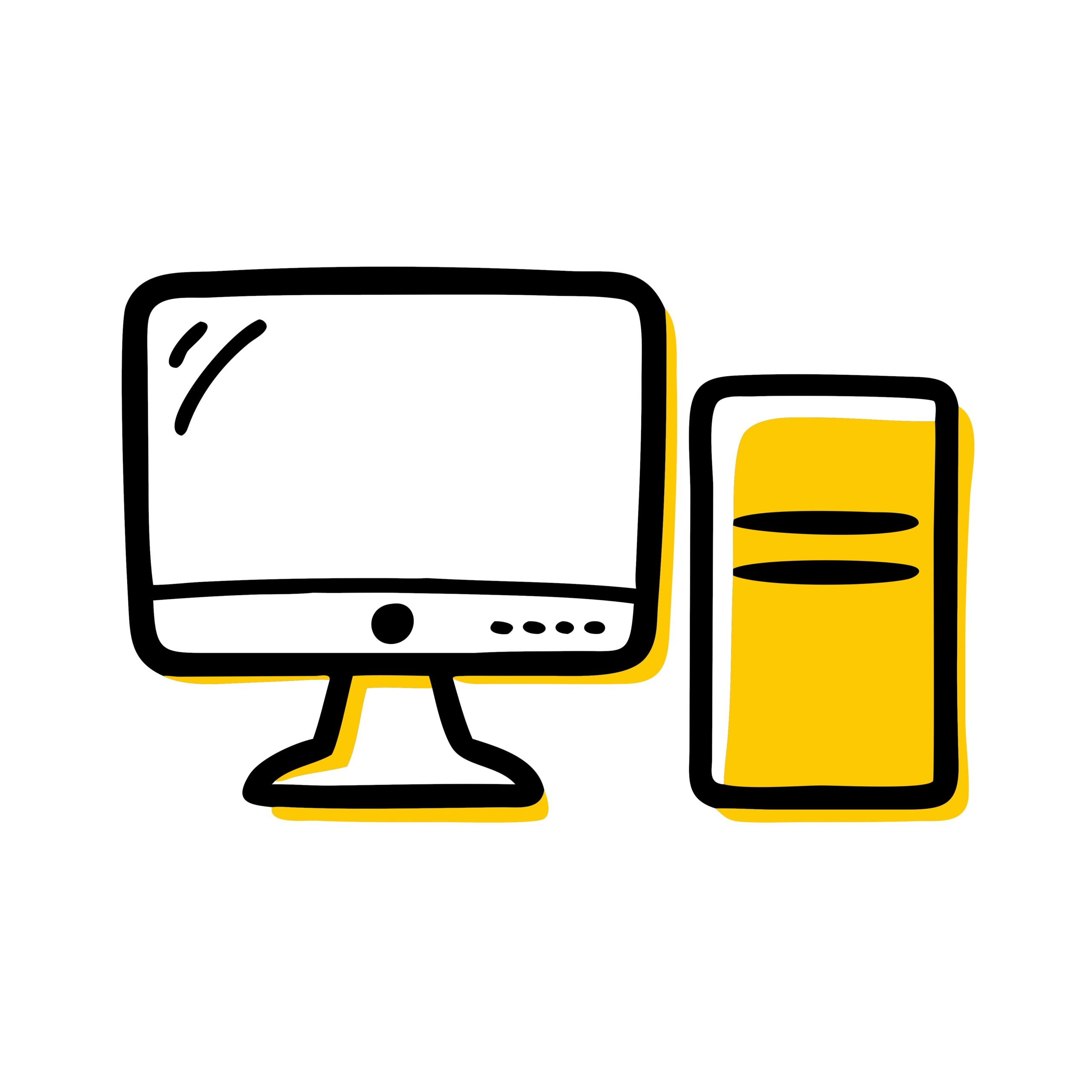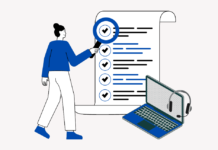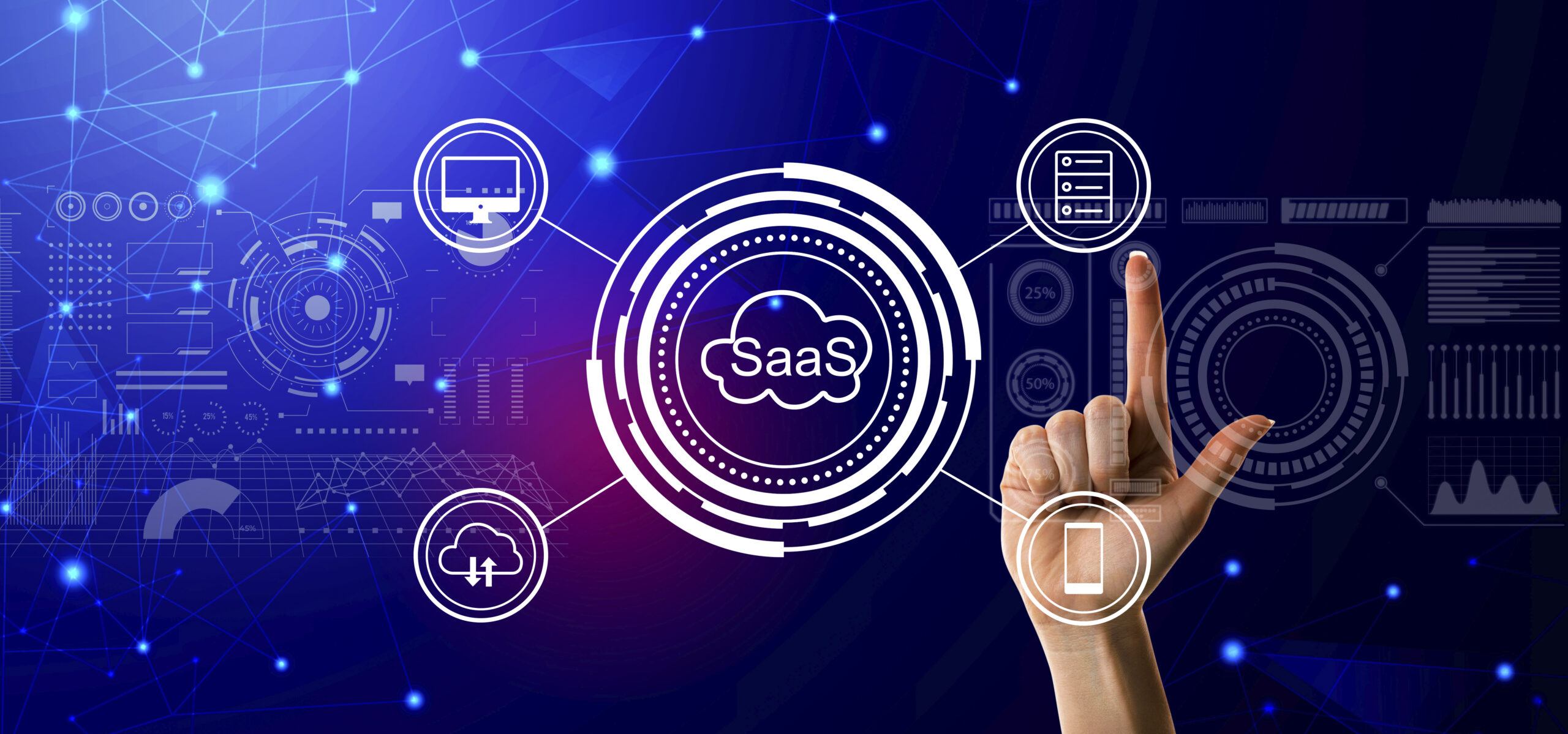In the fast-paced world of business, where time, efficiency, and real-time data drive competitive advantage, an ERP software solution stands as a game-changer. Whether you’re a small enterprise or a large corporation, embracing ERP is no longer optional—it’s a strategic necessity. This comprehensive guide breaks down what an ERP software solution truly is, why it matters in 2025, and how it can revolutionize your operations.
What Is an ERP Software Solution?
An ERP (Enterprise Resource Planning) software solution is an integrated suite of applications that helps businesses manage and automate core business functions—such as accounting, inventory, HR, CRM, procurement, and more—within a centralized system.
Instead of juggling separate software for every department, an ERP solution consolidates data and enables real-time collaboration, ensuring that every business unit operates on a single source of truth.
Why Businesses Need an ERP Software Solution in 2025
1. Rising Data Complexity
With companies generating massive volumes of data daily, ERP software helps organize, analyze, and act on data faster and more accurately.
2. Process Automation
ERP solutions reduce manual work, speed up transactions, and help teams focus on high-value tasks through built-in automation.
3. Scalability for Growth
Modern ERP systems are modular and scalable, adapting to business changes and supporting expansion without the need for frequent system upgrades.
4. Cloud-Based Accessibility
2025 ERP platforms offer cloud accessibility, ensuring secure remote access, faster deployment, and reduced IT overheads.
Key Features of an ERP Software Solution
1. Financial Management
Automated ledger entries, tax calculations, financial statements, budgeting, and forecasting—all in one place.
2. Inventory & Warehouse Management
Track inventory levels, automate reorder points, manage multiple warehouses, and optimize supply chain logistics.
3. Customer Relationship Management (CRM)
Keep complete customer profiles, manage leads, nurture sales funnels, and track support tickets.
4. Human Resource Management (HRM)
Streamline recruitment, payroll, leave management, attendance tracking, and employee performance.
5. Manufacturing & Production
Automate production scheduling, manage BOM (Bill of Materials), track work orders, and monitor product quality.
6. Project Management
Track milestones, manage budgets, allocate resources, and monitor project KPIs in real time.
Benefits of an ERP Software Solution
✅ Centralized Business Control
All departments—finance, HR, logistics, sales—operate under a unified platform, resulting in enhanced coordination and transparency.
✅ Improved Data Accuracy
Automated data entry and shared databases eliminate redundancies and errors, promoting data integrity.
✅ Real-Time Decision Making
With access to live dashboards and reports, leadership can make data-driven decisions instantly.
✅ Regulatory Compliance
Built-in compliance tools for GST, e-invoicing, data privacy laws, and tax regulations ensure you’re always audit-ready.
✅ Enhanced Customer Satisfaction
Fast order processing, seamless service delivery, and consistent communication help you retain customers and improve loyalty.
Best ERP Software Solutions in 2025
Here are the top ERP software providers to consider:
1. SAP S/4HANA
Enterprise-grade ERP solution with advanced analytics, AI, and integration with SAP’s ecosystem.
2. Oracle NetSuite
Cloud-first ERP system ideal for fast-growing startups and mid-size enterprises.
3. Microsoft Dynamics 365
Powerful integration with Microsoft tools like Teams, Outlook, and Excel, with robust CRM capabilities.
4. Odoo
Modular and open-source ERP software, ideal for SMEs that need flexibility and cost-efficiency.
5. Zoho ERP
Lightweight yet powerful, great for startups and small businesses with limited budgets.
6. TallyPrime
Perfect for Indian businesses with a focus on accounting, GST compliance, and inventory tracking.
7. Marg ERP
Tailored for pharma, FMCG, and retail businesses, with distribution-friendly features.
Cloud ERP vs. On-Premise ERP: Which One to Choose?
| Feature | Cloud ERP | On-Premise ERP |
|---|---|---|
| Deployment | Web-based | Installed on local servers |
| Cost | Subscription-based (lower upfront cost) | Higher initial investment |
| Updates | Automatic | Manual |
| Customization | Limited, but improving | Highly customizable |
| Accessibility | Access from anywhere | Limited to office network |
| Security | Vendor-managed | In-house responsibility |
Verdict:
For most businesses in 2025, cloud ERP is the smarter choice due to its affordability, scalability, and remote accessibility.
Industries That Benefit from ERP Solutions
- Retail & eCommerce – Inventory management, POS integration, and customer data tracking
- Manufacturing – Production planning, quality control, and supplier management
- Healthcare – Patient records, billing, and regulatory compliance
- Education – Admissions, payroll, learning management
- Construction – Project tracking, procurement, and contractor management
- Finance – Ledger automation, reporting, and compliance
Choosing the Right ERP Software Solution
When selecting your ERP solution, consider the following factors:
✔️ Business Size & Industry Needs
Does the software serve your niche? For example, a retail ERP may differ vastly from a manufacturing ERP.
✔️ Integration Capabilities
Ensure the ERP integrates easily with your existing CRM, POS, HRMS, or eCommerce platforms.
✔️ Customization & Flexibility
Look for systems that offer customization without extensive coding.
✔️ User-Friendly Interface
The best ERP solutions are intuitive and require minimal training for staff.
✔️ Vendor Support & Training
A reliable support system ensures successful deployment and ongoing efficiency.
ERP Implementation: Tips for Success
- Define Goals Clearly – Know what problems you want to solve with ERP.
- Choose the Right Partner – Work with experienced vendors or consultants.
- Ensure Staff Involvement – Train employees and address resistance to change.
- Migrate Data Carefully – Cleanse, validate, and test your legacy data.
- Test Thoroughly – Run simulations before going live to avoid operational disruptions.
The Future of ERP Software Solutions
In 2025 and beyond, ERP systems are becoming:
- AI-powered – For predictive analytics and intelligent automation
- Voice-enabled – Use voice commands for data retrieval and entries
- Mobile-first – Work on the go with full-feature ERP mobile apps
- SaaS-driven – Pay as you grow with subscription-based pricing
- Hyper-connected – Seamless integration with IoT, APIs, and third-party apps
ERP is no longer just software—it’s a digital strategy that fuels innovation, agility, and customer success.
Conclusion
An ERP software solution is more than a system—it’s the brain of your organization. From small startups to global enterprises, it offers the clarity, speed, and control that modern businesses demand. With the right ERP solution, you’re not just managing operations—you’re building a smarter, scalable, and sustainable future.












